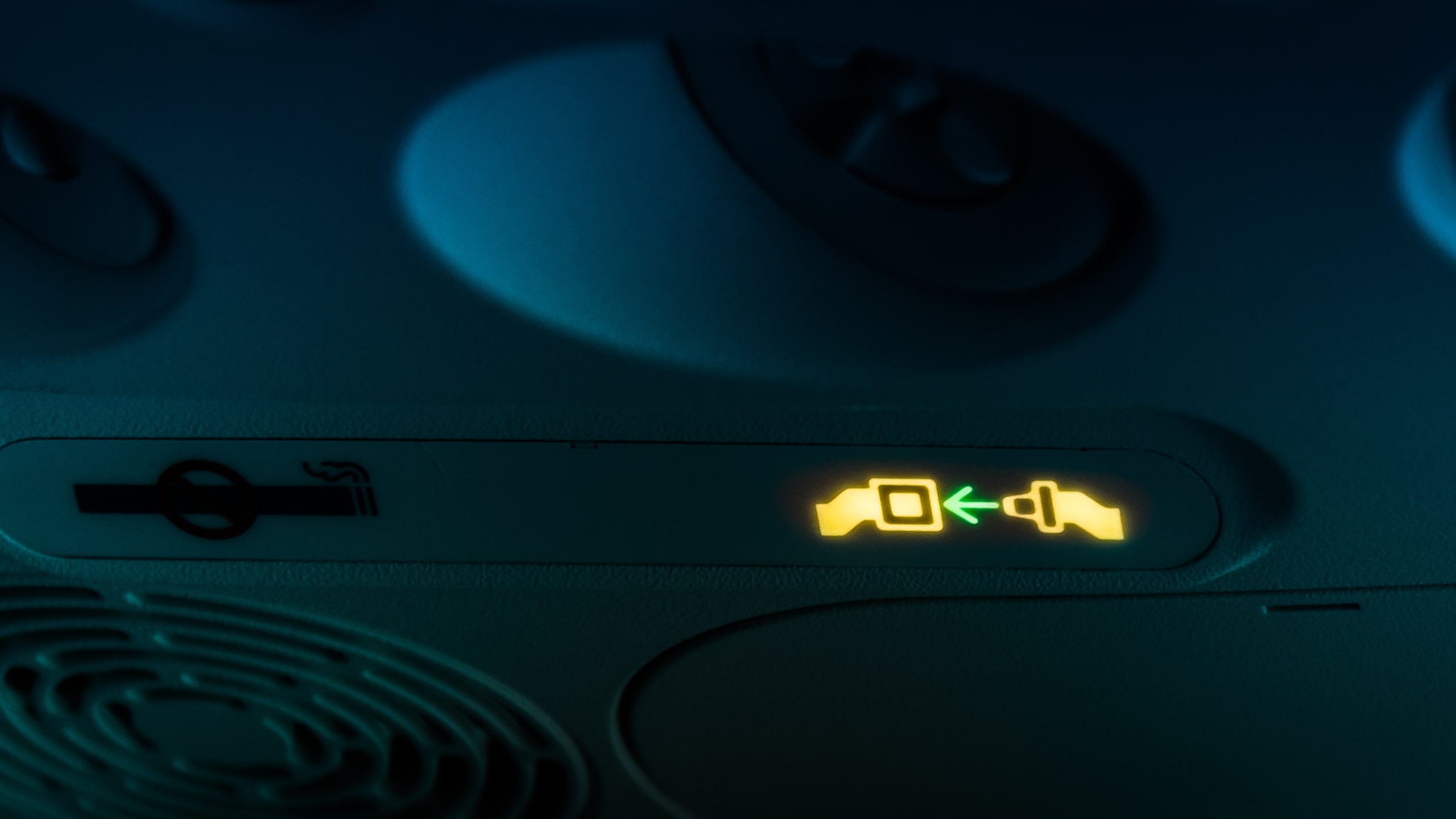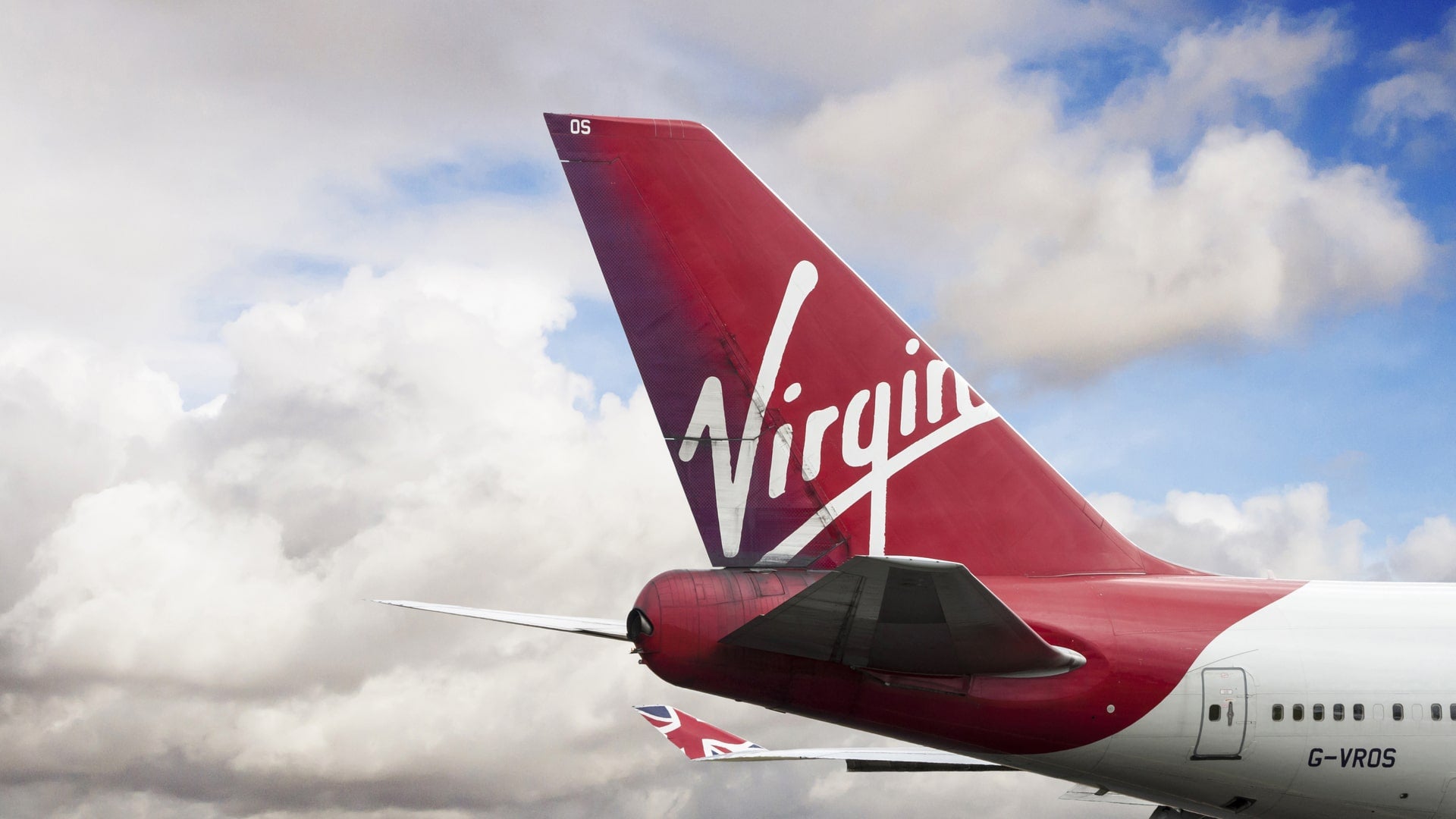The tyranny of social distance: how can airlines navigate coronavirus?
Qantas and other carriers have been hard-hit by travel restrictions as a result of the coronavirus. Tim Harcourt examines what this means for the aviation industry and what can be done to help navigate troubled economic times
The shutdown of borders and flight cancellations to limit the spread of coronavirus has sent shock waves through the aviation industry – particularly in Australia. The aviation industry is a tough one financially at the best of times. It’s said that no one has made money out of aviation since the Wright Brothers – so this latest corona shock comes on top of already tough times in the skies.
But the airline industry is not like any other business. We know this particularly in Australian as we are a vast island continent that suffers from “the tyranny of distance” – in the immortal words of our most famous economic historian Geoffrey Blainey when he referred to the distance to other lands beyond our shores as well as vast distances across the country.
Airlines: an essential service for Australia
For Australia, the airline industry is an essential service connecting the outback to the towns and cities and linking Australia with the world. And in our case of vast distances coupled with a small population, it requires great capital and infrastructure.
That means there is a large public good in running an airline in Australia. And we can see that in the 100-year history of Qantas from 1920 to 2020. Qantas was a start-up in Longreach in outback Queensland and spent its early days running the mail across Queensland and the Northern Territory (hence is name Queensland and Northern Territory Air Service Q.A.N.T.A.S – as some people forget it’s an acronym) to help regional communities. We saw the public good element of Qantas again during the bushfires as also during the current coronavirus crisis it organised flights to carry Australians who were stuck in Wuhan and Tokyo back to the country.
Qantas is a public-private partnership and airlines are an essential service given Australia’s tyranny of distance beyond our shores and within our island continent. And we need Virgin as a two-airline system is necessary for consumer choice and competitive innovation.

Coronavirus and the airline industry
But coronavirus has struck hard. Following the steps of Qantas, Virgin Australia has also grounded all international flights for two-and-a-half months and is halving its domestic flights. So, what does this mean for the longevity of the Australian aviation industry?
This is all about short-term survival and cashflow. Provided the airlines can get through this temporary grounding they will survive, as Qantas has a healthy balance sheet and Virgin has wealthy parents with deep pockets (Etihad, Singapore Airlines and HNA).
To help the aviation industry, the Federal Government has announced a $715 million aviation relief package which will provide temporary relief by waiving regulation fees and charges during grounding.
This is more efficient than a cash splash; it’s more like a payroll tax reduction. It’s designed to get the airlines through the next few months of border closures.
However, Australia is not alone as the coronavirus is truly the downside of globalisation – and airlines are on the frontline. Analysts predict that airlines operating under traditional models will survive, while some of the new budget airlines might be absorbed or restructured.
The impact on tourism
What impact will this have on tourism? The main hit will be international tourism with flights grounded although all the world from Paris to Rome to Rio have felt the same impact.

For domestic tourism, the impact comes at a bad time, particularly in the regional areas hit hard by the recent bushfires. But the local tourism industry may be able to claim, with no international travel temporarily, that now is the time to explore Australia’s wide-open spaces with no crowds or problems with social distance (although we should still be cautious and follow the appropriate official advice).
How long will it take for airlines to recover?
What will happen in the recovery period for the aviation industry? We still don’t know how long the aviation grounding would last; some say a 3-6 month time period, or maybe even for the rest of the year – but we do know that when economic recovery comes the airlines will bounce back quickly.
Take Cathay Pacific, for example: the Hong Kong-based airline was crippled last year due to protests in Hong Kong. Now it’s put on extra capacity to deal with coronavirus.
Qantas has prepared for a long-haul future (especially with the sunrise project) so it has plenty of capacity waiting in the wings.
This aviation package is necessary to help Qantas Virgin and Rex get through the short-run impact of the coronavirus. And it’s important to remember the public good component of an airline particularly in the case of Qantas and Australia.
For years Australians have had to cope with the tyranny of distance and Qantas has helped us for 100 of those years. Now we must overcome the ‘tyranny of social distance’ to cope with coronavirus, and we need to help Qantas and the rest of the industry get through these troubled times in the global economy.
Tim Harcourt is the J.W. Nevile Fellow at UNSW Business School and host of The Airport Economist TV series and The Airport Economist Podcast.
